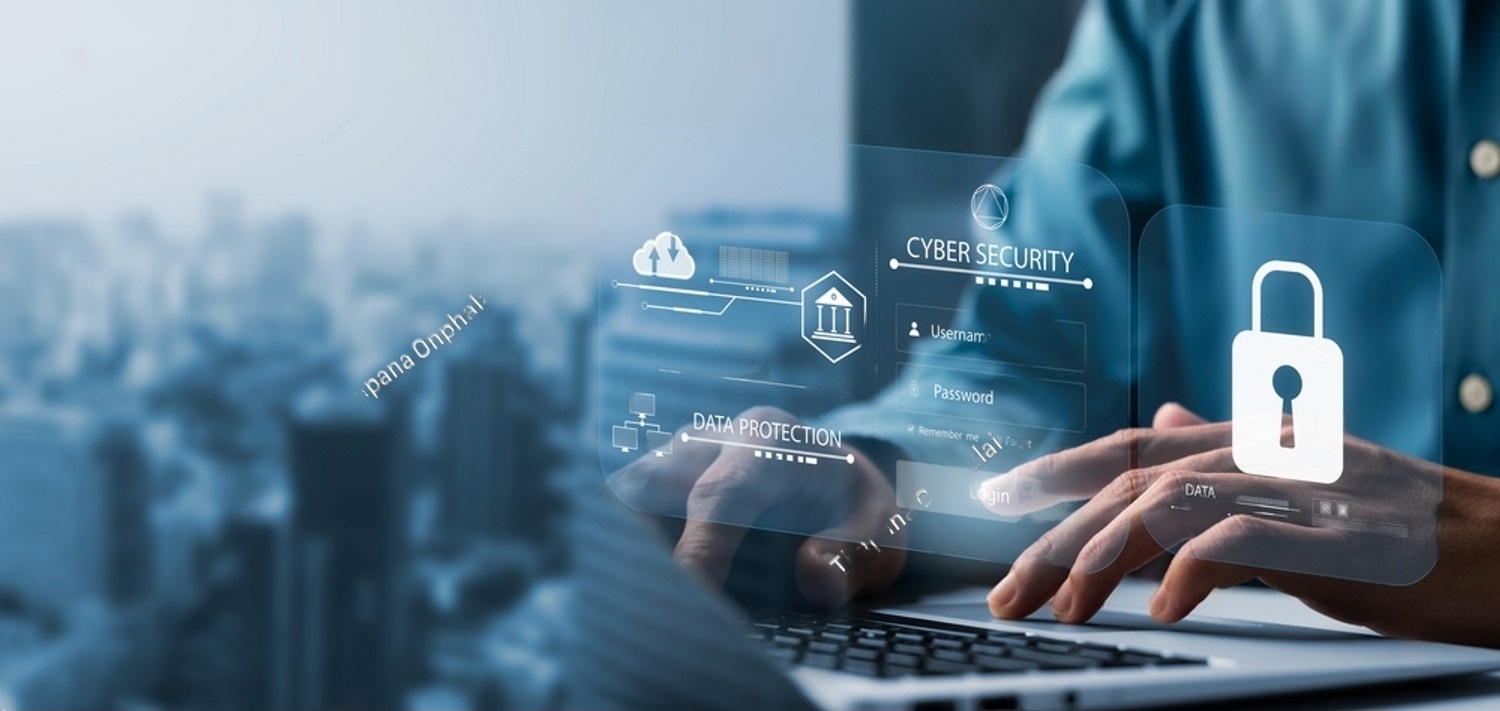If you’ve been off the grid for the last few weeks, you would have missed the numerous news posts regarding Cryptolocker wreaking havoc across the tech world. Many business and even law enforcement establishments have fallen victim to this highly aggravating type of virus called ransomware.
Ransomware is a form of code that searches your system and encrypts data, effectively holding them hostage. So far, the only sure way to unlock the information encrypted is to pay a specified amount of money to the creator of the virus, hence the term ransomware was coined. There has been quite a number of establishments, all over the globe, that have fallen victim to this virus and it looks like, judging on how some people are quick to pay for their information to be released, the creators behind this menace will work double time to infect more and more computers and networks.
The only way to prevent getting infected is to be more vigilant in double checking suspicious looking emails. Do not open attachments from senders you are not familiar with. Check for obvious grammatical errors. If the email you receive looks official, look up the phone number, call and get verification that you are indeed sent a message. However, if you have been infected but do not wish to pay the ransom, Kaspersky Labs are close to finding a way to unlock the encrypted data without the need to purchase removal tools.
Victor Alyushin and Fedor Sinitsyn of the security company Kaspersky Labs have acquired two samples of TorLocker more commonly known to hackers as Trojan-Ransom.Win32.Scraper. The resulting work coming from studying these samples are now downloadable and is said to be effective in disabling the TorLocker encryption code in around 70% of ransomware cases. More studies and testing are being done to hopefully find a much broader and effective solution to ransomware.
Again, it is best to reiterate that prevention is always better than the cure. Ensure that you have installed Malwarebytes Anti-Malware to be able to help detect and stop any viruses by running a scan on emails and attachments. Avoid downloading from game sites that suspiciously allow you to avail of full version of paid games for free. Additionally, it is always a good idea to back up your files, so as to avoid losing them should your computer fall victim to ransomware.











